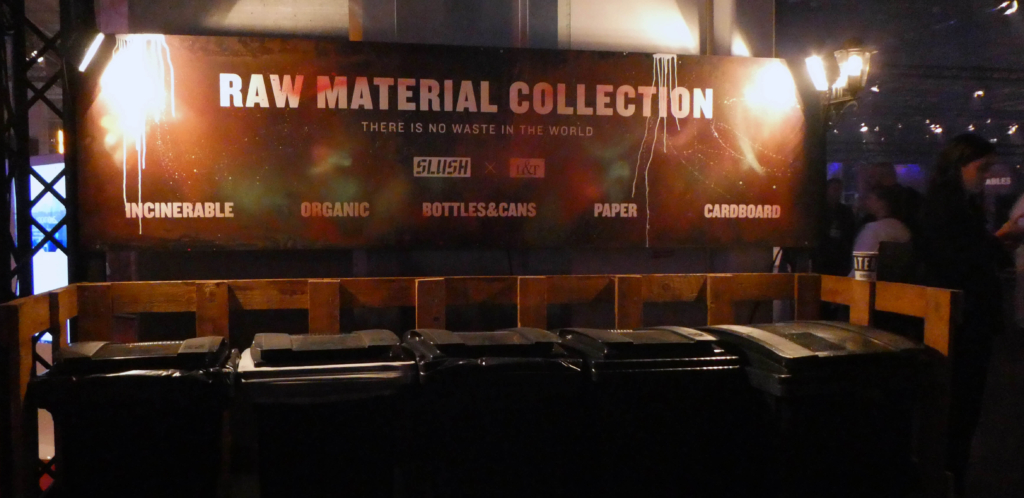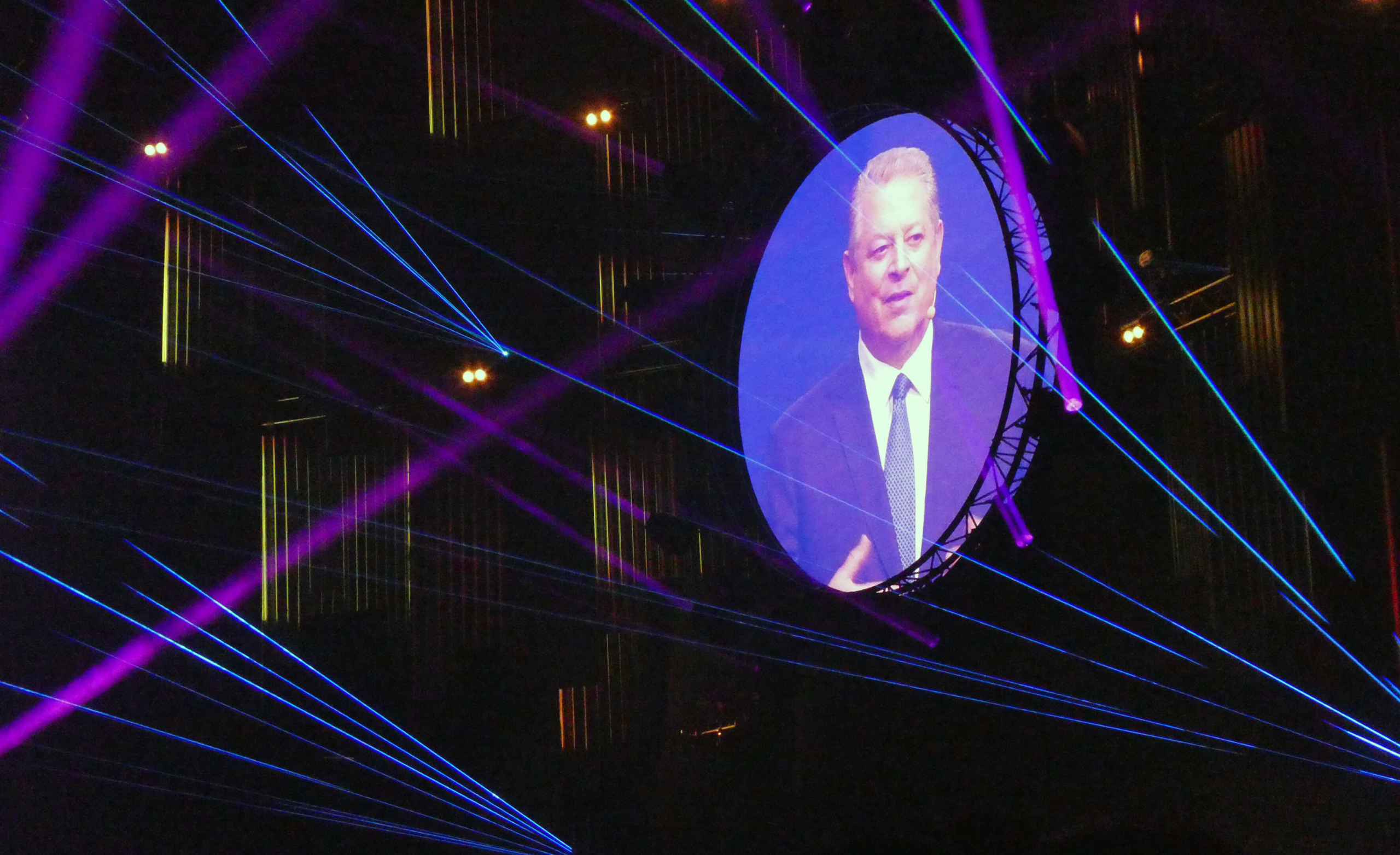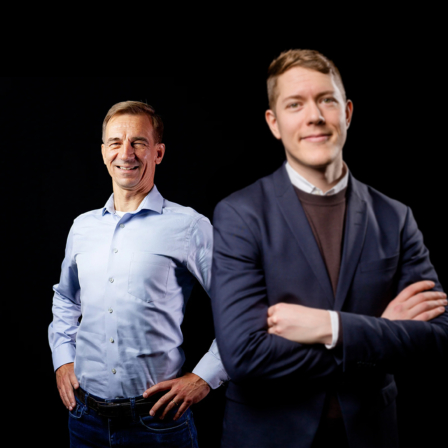Scattered throughout Slush Helsinki, the largest high-tech startup event in the Nordic region, are a curious collection of containers. In the past, these containers might have been labelled “trash bins” or “recycling” or something similar. At Slush, however, they were prominently tagged as “raw material collection”.

This new description is just one example of how our world is changing to a circular economy. Materials are not destroyed, but are instead used again and again.
We now have the tools to move to a circular economy; we just need the will to do it. This idea was championed by the two first speakers at the Slush conference, President of Finland Sauli Niinistö and Chairman of Generation Investment Management Al Gore.
Uniting for the common good
“In politics, we have a saying that a common enemy unites people,” said Niinistö. “But what if a common good can unite us even better? Maybe we, the whole world, will be saved if we unite for the common good.”
This theme was echoed by Gore. He was famous for his environmental work when he was in politics, and he has continued his mission as an investor in the private sector.
“My purpose in being here is to recruit you to be part of the solution to combat the global climate crisis,” he said. “We face an existential threat to the future of human civilisation. Business executives, investors and entrepreneurs can help solve this crisis.”
Gore said the problem is that the maximum political leaders can agree to, such as with the Paris agreement, is less than the minimum needed to stop climate change. Yet businesses adopting circular economy principles can help bridge the gap.
Thinking long-term and sustainable
“Businesses need to be based on sustainability and long-term thinking,” said Gore. “Already we see this is possible because economic growth is decoupling from increased carbon emissions.”
Gore praised new sustainable technologies, including what has come from Finland, saying the country “punches well above its weight” in the tech sector. Finland also has another advantage, in being the first country in the world with a roadmap to becoming a circular economy.
“The sustainability revolution has the magnitude of the industrial revolution and the speed of the digital revolution,” Gore continued. “The sustainability revolution is the world’s greatest business opportunity. You can make good profits while making the world a better place.”
There are certainly many such business opportunities, from processing of materials to the manufacture of products, from new ways of consumption to improved methods of distribution. All of these contribute to changing our old, wasteful linear economy to a beneficial circular one.
“There are so many excited young people here at Slush,” Gore concluded. “I want you to couple your energy with the awareness of the impact you can have on the world. We need your commitment. Remember, the will to change is itself a renewable resource.”


















Recommended
Have some more.